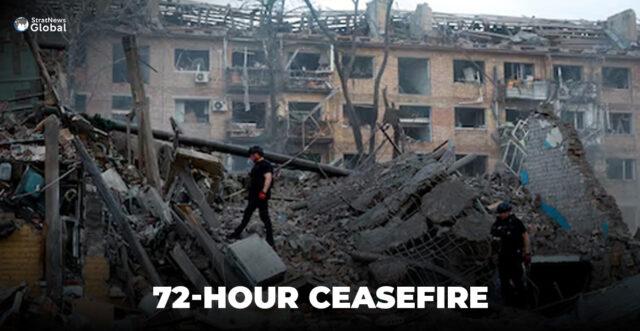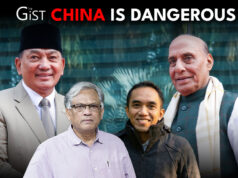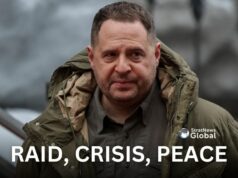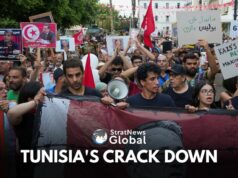Russian President Vladimir Putin on Monday announced a three-day ceasefire in May to commemorate the 80th anniversary of the Soviet Union and its allies’ victory in World War II.
The Kremlin said the 72-hour ceasefire would run from the start of May 8 to the end of May 10.
“All military actions are suspended for this period. Russia believes that the Ukrainian side should follow this example,” it said in a statement.
“In the event of violations by the Ukrainian side, Russia’s armed forces will give an adequate and effective response.”
Easter Ceasefire Fails
There was no immediate response from Kyiv to the unilateral truce announcement – the second by Putin in quick succession, following a 30-hour Easter ceasefire that each side accused the other of violating countless times.
Against a background of increasing impatience from the United States, both moves appeared aimed by the Kremlin leader at signalling to U.S. President Donald Trump that Russia is still interested in peace. Ukraine and its European allies say they do not believe this.
The latest announcement came after Trump criticised Putin for a deadly Russian attack on Kyiv last week and voiced concern at the weekend that Putin was “just tapping me along”.
Washington has repeatedly threatened to abandon its peace efforts unless there is real progress.
Russia-Ukraine War
The Russia-Ukraine war, which has now crossed the three-year mark, has left a profound impact on global politics, security, and humanitarian conditions.
What began on February 24, 2022, as a rapid Russian military offensive has transformed into a prolonged and brutal conflict, with neither side achieving a decisive victory.
Ukraine’s fierce resistance, combined with substantial military and economic aid from Western allies, has prevented a swift Russian takeover.
Meanwhile, Russia has fortified its territorial gains in eastern and southern Ukraine, signalling a long, grinding war of attrition.
Human Cost
The human cost has been staggering — tens of thousands of lives lost, millions displaced, and entire cities turned into ruins.
Economically, the war has disrupted global supply chains, contributed to energy crises, and heightened food insecurity in many parts of the world.
Politically, it has revitalised NATO, reshaped European defence strategies, and pushed global powers into sharper strategic alignments.
Despite numerous rounds of talks and international efforts, a peaceful resolution remains elusive.
(With inputs from Reuters)





